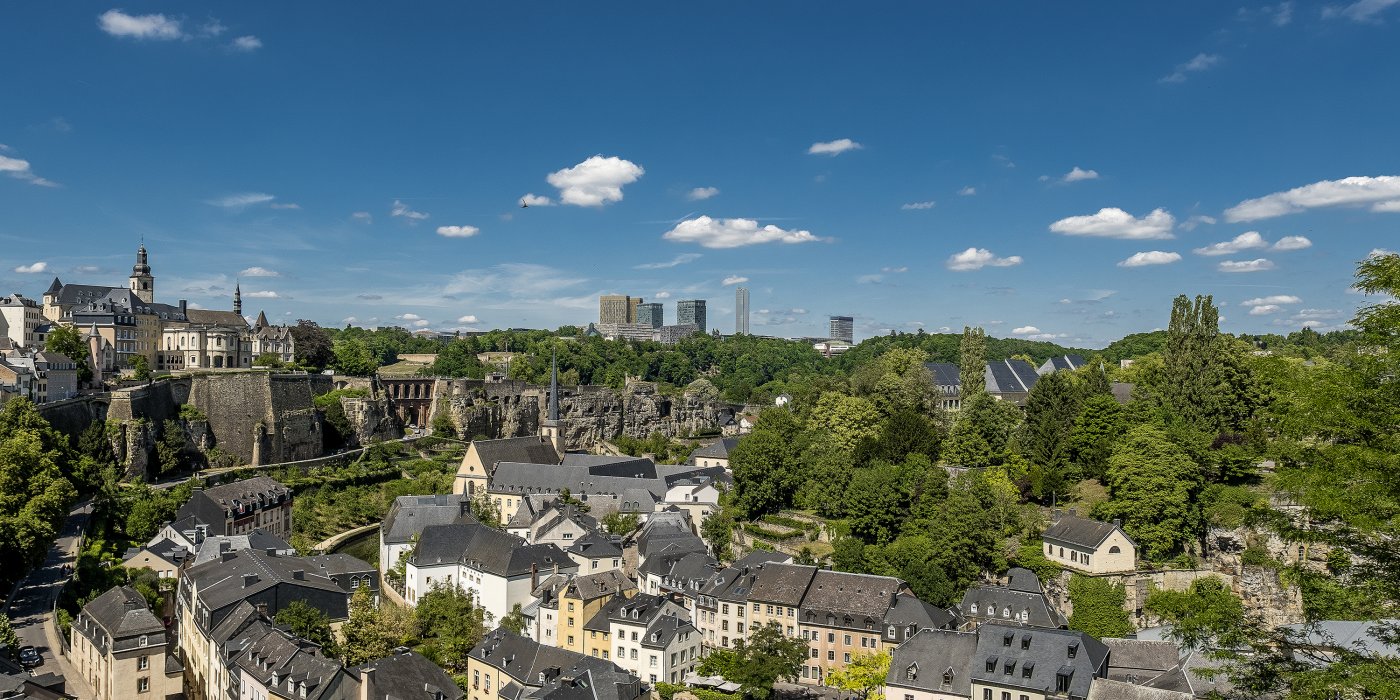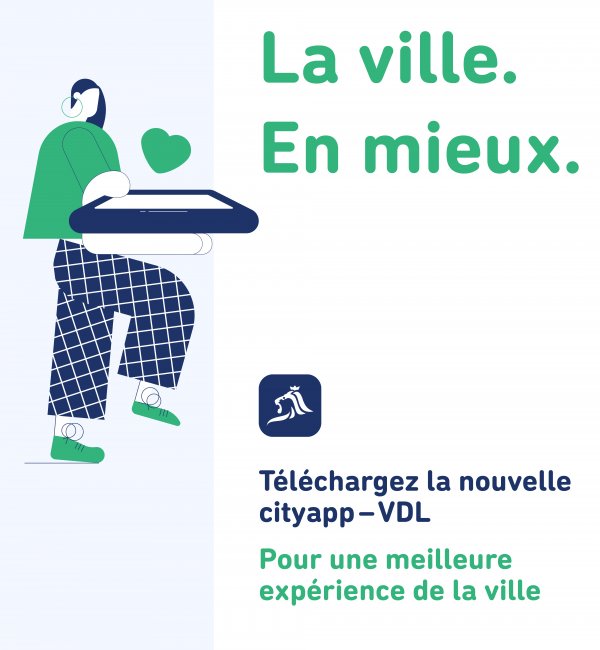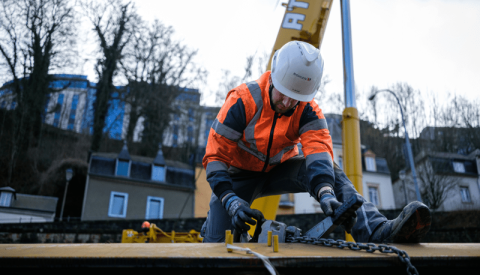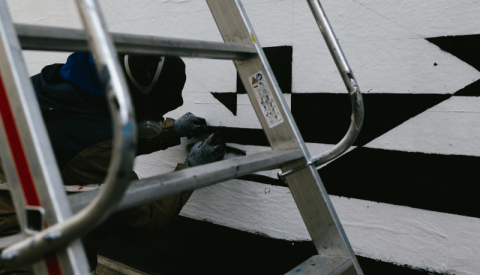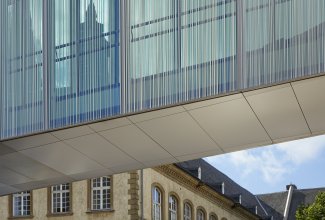Overview
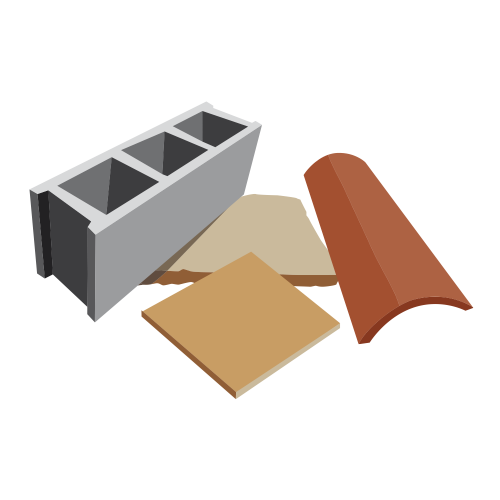
Collection
large-capacity container
Frequency
Monday-Saturday:
Container
large-capacity containers
Other types of collection
Resource Centre
Information
Accepted
Construction waste must be sorted into the following types:
- Rubble: stones, paving slabs, flagstones, bricks, roof tiles, earthenware, porcelain, ceramics, toilets, shower trays, sinks, floor tiles, earth, gravel, sand, rocks
- Plaster: gypsum, lime, plasterboard, composite plasterboard
- Hollow-core concrete: blocks and slabs (aerated concrete, autoclaved concrete sold under the brand names Ytong, Thermopierre, Hebel, Multipor, Xella, etc.)
- Plate glass: window panes, glass bricks, mirrors, wire glass, safety glass
- Plexiglas
- Insulation materials: boards, preformed polystyrene components and chips (Styropor®), glass wool and mineral wool, polyurethane foam (only clean insulating materials can be recycled)
- Cladding: flat or profiled Eternit® sheets, other materials containing asbestos (Materials containing asbestos must be wrapped in plastic for transportation. To avoid damaging your health, do not break or cut materials containing asbestos.)
- Roofing materials: roofing
- PVC waste: cable sheaths, cable ducts, roller shutters, ceiling cladding
- Scrap metal: bathtubs, gutters, radiators, door frames, oil tanks, wheelbarrows, saucepans, old tools
- Old wood: construction and demolition timber, door and window frames, floorboards, beams, pallets, crates, wooden furniture
- Bulky objects: carpets, plastic floor coverings, Heraklith, Skobalith, awnings, skirting boards
- Chemical products: paint, glue, detergents, etc.
Not accepted
- Mixed waste
- Mixed residual waste
- Soiled insulation materials
Work on building sites using asbestos-containing components must be carried out by specialist companies.
Collection type
Main collection method
Other collection methods
Link
The maximum volume of waste accepted by the Resource Centre is 1 m3.
